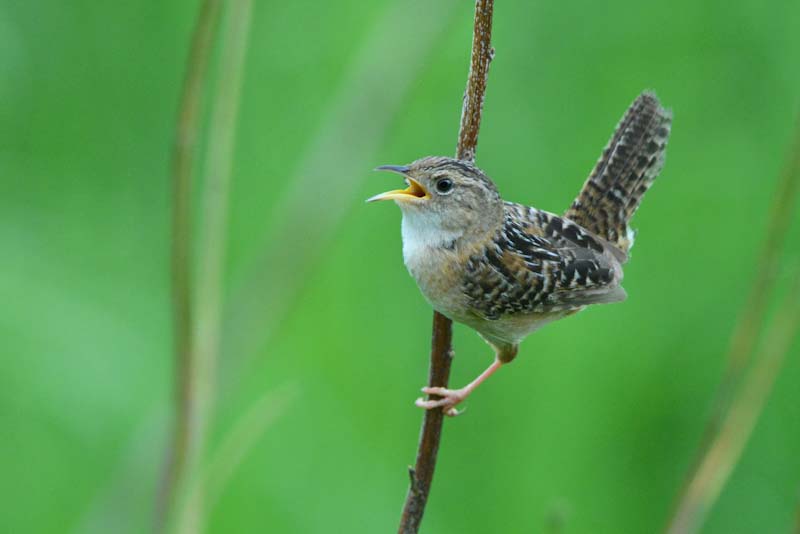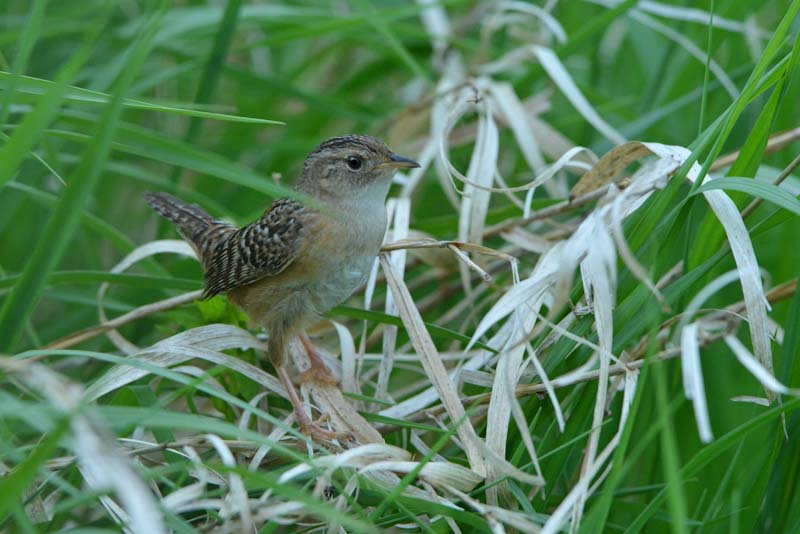

Photo and Commentary ©2023 by Robert Howson
Tuesday, April 25, 2023
The Bible doesn’t have a great deal to say about wanderers or gypsies, and when it does, most of those times involve complaining or making excuses. The one time it is used in a positive way is when it instructs the true followers of God on how to deal with anyone in that situation. “Is it not to share your food with the hungry and to provide the poor wanderer with shelter— when you see the naked, to clothe them, and not to turn away from your own flesh and blood? (Isaiah 58:7 NIV) Jesus, of course, quotes these words when He spoke about the judgment and how the faithful would be identified.
The implication Isaiah offers is that these wanderers are not poor, hungry, and destitute by choice. All of these conditions seem to point to a lack of security, a sense of not belonging. And perhaps that’s why Abraham is commended by God for being so faithful as he left the security of his home town, leaving for destination as yet unknown.
If we stretched it, we might make the Sedge Wren fit this pattern modeled by Father Abraham. This uncommon wren shows little nest site fidelity from year to year. They may nest in appropriate habitat one year and be totally absent from the same territory the next. Unlike their close relative, the Marsh Wren, the Sedge Wren generally avoids cattails but instead prefers freshwater grassy meadows which support small shrubs. Except during breeding season when the male will sing from exposed perches, these secretive birds can be difficult to see as they creep about the damp meadows of the Midwest.
Due to its secretive habits, erratic movements and transitory nature, few studies have been conducted on this species. In other words, it hasn’t made a name for itself. Perhaps we shouldn’t wonder that Abraham longed for the day when he could settle down in one place, raise a family, and perpetuate the family name. Strange how God works things out in His own way.
